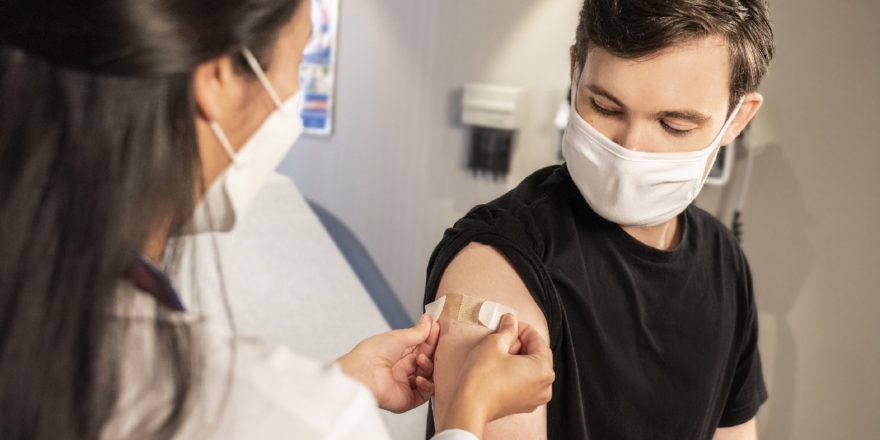Fraud is the intentional deception to secure unfair or unlawful gain, or to deprive a victim of a legal right. It is estimated that nearly 60 billion dollars are lost annually due to health care fraud and abuse.
Much of healthcare fraud is being committed against Medicare and Medicaid, both government run health insurance programs, funded with our tax dollars. Medicare, which services the elderly, gives out over $600 billion a year for claims. Medicaid, which is for low-income individuals, also has an enormous budget, providing $415 billion a year for claims. Their sheer size makes these goliaths easy targets.
Medicare, and it’s contractors, process up to 4.5 million claims a day, but it’s estimated that only about 1% of these claims are audited. These programs are vulnerable due to underfunding and lack of oversight. There just simply aren’t enough people on staff to check things out regularly. Plus, Medicare doesn’t require claims to be verified by patients leaving the door wide open for faulty claims to be submitted and funded.
There are many rather simple things you can do to avoid being a victim and to help prevent healthcare fraud on a whole.
Know your health history and ask questions
Be aware of what tests and diagnoses you have had and make sure your health records accurately reflect such. Keeping a healthcare journal, your own written record of your healthcare can be very useful. Unfortunately, if errant diagnoses appear on your health record it could result in you receiving improper care.
If your doctor orders a test or procedure you aren’t convinced you need to ask questions. Get a second opinion if you’re unsure of the necessity of any test or procedure. Educate yourself on what procedures and tests are commonly used or ordered for any conditions you may have.
Open and carefully review all bills and insurance statements for accuracy. If you find unexpected charges contact your provider first. You should look for any charges for services you didn’t get, duplicate charges and charges for services that were not ordered by your doctor. Also, make sure the dates of service are correct.
Read over your insurance policy, including your explanation of benefits. Know which procedures are covered. Make sure that you receive the procedures for which your insurance is charged. If anything suspicious shows up report it.
Check that your prescriptions are filled correctly before leaving the pharmacy
Make sure that you are receiving the right type of medicine, dosage and the correct number of doses.
Healthcare identity theft is rampant. Carefully handle your insurance, Medicare, and social security cards. Don’t give them to anyone other than your doctor or Medicare provider.
Be suspicious of and do not entertain “free offers”. Keep in mind Medicare will not call you on the phone or visit your house to offer you anything. Any healthcare services or tests that are being offered free of charge are potential schemes. Fraudsters may go ahead and bill your insurance for the free services you receive if you accept an offer.
Health care fraud is a serious crime that affects everyone and should concern everyone—government officials and taxpayers, insurers and premium-payers, health care providers and patients—and it is a costly reality that none of us can afford to overlook. By taking steps to protect yourself from health care fraud, you are helping protect the integrity of our nation’s health care system and enormous, yet finite, resources we devote to it.




